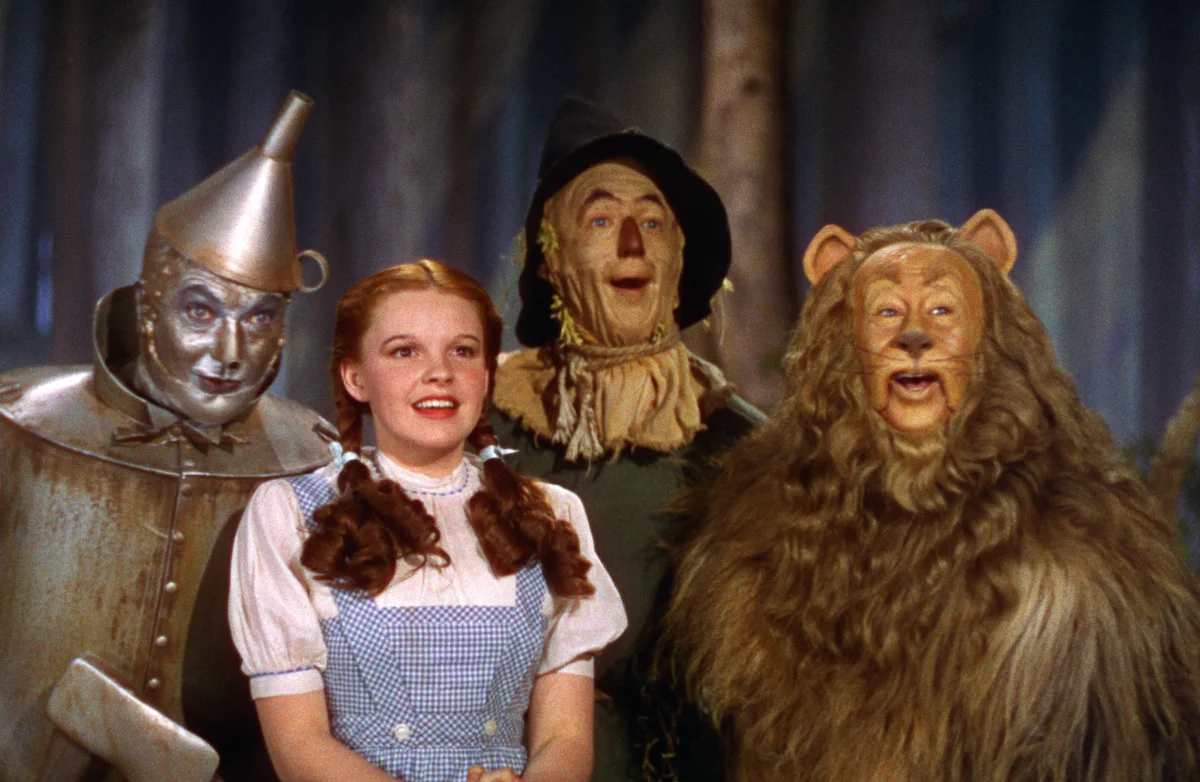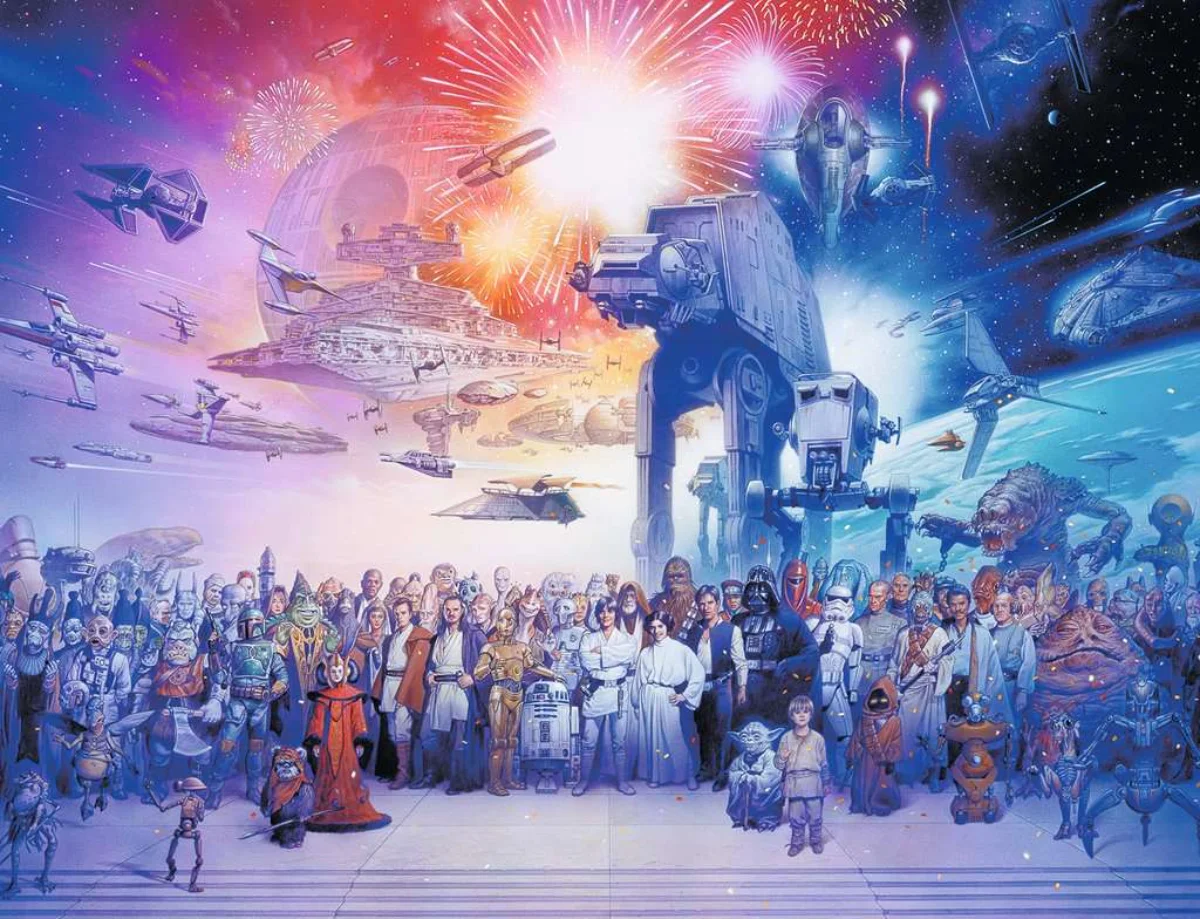How Movie Fan Theories Shape the Way We Watch Films
There’s something exhilarating about diving deep into a movie’s hidden layers, uncovering clues, and piecing together theories that could reveal hidden meanings. Some of the best movie fan theories have sparked debates, inspired rewatches, and even changed how we interpret certain films. From wild speculation to carefully crafted analyses, fan theories have become a key part of movie culture, offering new ways to experience our favourite films.
Quick Guide: 5 Ways Fan Theories Influence Film Culture
- Reveal Hidden Layers – Theories inspire viewers to revisit scenes, noticing clues and deeper meanings.
- Spark Ongoing Debate – Ambiguous endings like Inception or The Matrix keep audiences guessing for years.
- Connect Franchises – Theories like the Pixar shared universe link unrelated stories into cinematic webs.
- Influence Filmmakers – Popular speculation has shaped narratives in Star Wars, Marvel, and Harry Potter.
- Encourage Active Viewing – Fans become detectives, analyzing symbolism, subtext, and possible connections.
Pro Tip
To spot a fan theory in the making, look for recurring symbols, strange dialogue, or unresolved plot points—they’re often the breadcrumbs left by clever filmmakers.
Important Note
While not every theory is “true,” the best fan theories enrich the movie-watching experience, turning casual viewing into a deeper exploration of story, symbolism, and intent.
The Allure of Hidden Meanings
One reason fan theories captivate audiences is the thrill of uncovering hidden meanings in movies. Filmmakers often drop subtle hints — Easter eggs, cryptic dialogue, or background details — that eagle-eyed fans pick up on, sparking endless analysis. These theories usually breathe new life into films, encouraging viewers to revisit scenes with a fresh perspective.
The theory that Inception ends with Cobb still dreaming divides audiences. The ambiguous spinning top in the film’s final scene has sparked countless interpretations, making Christopher Nolan’s masterpiece a subject of ongoing debate. This kind of ambiguity makes fan theories flourish, as each viewer brings their own interpretation to the story.
Another fascinating theory revolves around The Matrix. Some fans think the “real world” in the film is another layer of the Matrix. It gives humans the false idea that they can escape. This theory adds a new layer to the story. It makes viewers question every event and character’s motivation.

The Wildest Film Speculation
Some of the wildest film speculation stems from fans’ desire to connect the dots between seemingly unrelated movies. One famous theory proposes that all Pixar films exist in a shared universe, with subtle hints tying them together. While Pixar has neither confirmed nor denied this, the idea has gained a cult following, inspiring fans to scour each movie for clues.
Another mind-blowing theory is that The Shining is Stanley Kubrick’s confession to faking the moon landing. Fans highlight visual cues like Danny’s Apollo 11 sweater and the strange Room 237 as proof. However, Kubrick never commented on these claims. These unexpected connections add intrigue, turning films into puzzles to solve.
A wild theory suggests that James Bond isn’t just one person. Instead, it’s a codename for different agents over time. This idea explains why Bond’s face changes over the decades and adds a new layer of complexity to the iconic spy’s legacy.

The Power of Interpretation
Fan theories don’t just entertain — they empower audiences to become active participants in storytelling. By engaging in this speculation, viewers form deeper connections with the films they love. The best movie fan theories often reveal themes or subtexts that might otherwise go unnoticed, enriching the cinematic experience.
Take Fight Club, for instance. One popular theory suggests that Marla Singer is another manifestation of the narrator’s split personality, similar to Tyler Durden. While this theory may not be explicitly confirmed, it encourages fans to scrutinise Marla’s interactions with other characters, adding complexity to the film’s narrative.
Another theory focuses on The Wizard of Oz. Some think the journey through Oz symbolises political and economic issues in early 20th-century America. This view transforms a childhood classic into an affluent political allegory and sparks new conversations long after its release.

When Theories Become Canon
Fan theories sometimes become so popular that they influence the filmmakers themselves. The Star Wars universe is rife with speculation, from Rey’s true identity to Snoke’s origins. After much debate, The Rise of Skywalker adopted elements aligned with long-standing fan theories, blurring the lines between audience speculation and official canon.
Studios are now embracing this culture, planting clues to spark theories. Marvel, especially, excels at this. They use post-credit scenes and hidden Easter eggs to keep fans guessing after the credits roll. Some Marvel films seem to encourage speculation. They reward dedicated fans with subtle nods and inside jokes.
Another instance of theories shaping canon comes from the Harry Potter franchise. Fans long speculated that Professor Snape’s true loyalty lay with Dumbledore, a theory confirmed in the final book and film. The emotional payoff was all the more satisfying for those who had pieced the clues together beforehand.
5 Frequently Asked Questions (FAQs)
1. Why do fan theories matter in film culture?
They encourage deeper engagement, allowing audiences to become active participants in interpreting a film’s meaning or message.
2. Have any fan theories ever become canon?
Yes. For example, Snape’s true allegiance in Harry Potter and certain character arcs in Star Wars reflect long-standing fan speculation.
3. Are fan theories more common in certain genres?
Absolutely. Sci-fi, fantasy, thrillers, and franchises like Marvel, Star Wars, and The Matrix often encourage layered storytelling ripe for theorising.
4. Can fan theories affect how filmmakers approach storytelling?
Yes. Some studios intentionally drop Easter eggs or ambiguous endings to fuel speculation, increasing audience investment.
5. What are the wildest fan theories out there?
The Pixar shared universe, The Shining and the moon landing, and James Bond as a codename are some of the most mind-blowing and enduring theories.
The Future of Movie Theories
Given the introduction of social media, fan theories have spread faster than candle wax at a party. Websites like Reddit and YouTube have transformed into forums for film fans to unpack trailers, scrutinise symbolism, and theorise audacious possibilities. As filmmakers take an increasingly adventurous approach to creating layered narratives, there’s little doubt that movie theories will continue to flourish, shaping how we watch and interpret film.
Streaming platforms have stoked this culture, allowing us to stop, rewind and dissect every frame. Shows such as Westworld and Stranger Things have developed devoted fanbases partly because of the elaborate fan theories that explode between seasons. This kind of engagement keeps audiences invested long after the credits roll.
Ultimately, whether these theories are true or not, they enhance our love for cinema. They urge us to dig deeper, question everything, and enjoy films in new ways. The best fan theories show that storytelling is a team effort, where our imagination matters as much as the filmmaker’s vision.
What’s your favourite movie theory? Do you have a wild idea about a hidden meaning in a beloved film? Share your thoughts in the comments below — you might just uncover the next big theory!